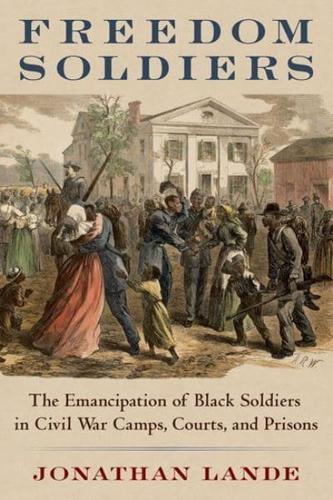Publisher's Synopsis
Almost 200,000 African Americans fought to save the Union, many believing that military service was the pathway to freedom. Yet, even after enlisting, their journeys for liberation continued amid the bloody civil war. They marched across taxing terrain, performed backbreaking labor, and endured corporeal punishment meted out by white officers. They also agonized over families still enslaved and suffered virulent diseases. Many grew disillusioned, disgruntled, or homesick. They fought on bravely, yet thousands also ran. Chafing against restraints and violence reminiscent of slavery, they briefly liberated themselves from onerous army discipline. The men examined in Freedom Soldiers took self-granted breaks--"leaves of freedom"--and, once caught, were tried by the US Army for the military crime of "desertion." In the courts-martial, they justified their unauthorized departures by telling authorities that they left to temporarily help their families, regain their health, and evade violent officers. Army judges nevertheless convicted freedom seekers, sending most to military prisons. From prisons, the convicted deserters wrote petitions to President Abraham Lincoln and Union officials requesting release. These prisoners disputed rulings, offered their continued service to the Union, insisted on the injustice of incarceration, and explained the dire need of kin around the wartime South. Drawing upon transcripts of the nearly 80,000 Civil War courts-martial cases, as well as prisoners' petitions, soldiers' letters, and government reports, Jonathan Lande recovers this subset of soldiers who took leaves of freedom and defended their breaks within the military justice system. In doing so, he reveals how Black men fought for freedom not only against Confederates but also in US Army camps, courts, and prisons.











